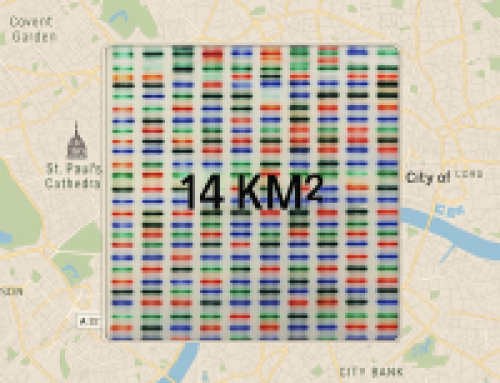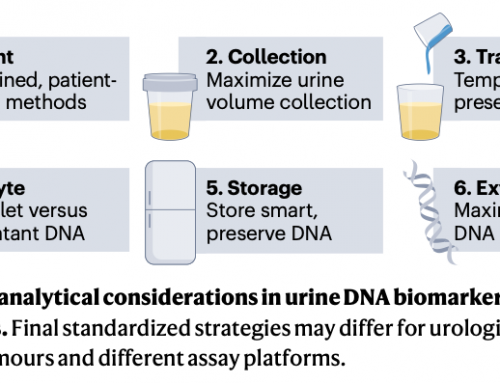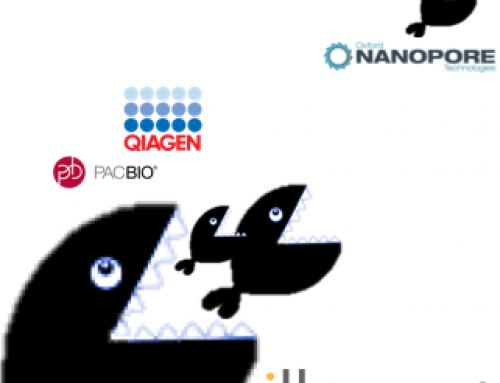A wonderful story appeared on BBC news website today about the company Planet Labs who are using a similar idea Illumina implemented in designing NextSeq – borrow from consumer electronics to advance science. Rather than building sequencers Planet Labs have built and launched a flock of 28 shoebox-sized “cubesats” – cheap, miniature imaging satellites. This is GoogleMaps satellite images with super-high resolution.
The team plan to launch 131 cubesats over the next 12 months. The satellites are built from off-the-shelf components and consumer grade camera lenses and solar-charged batteries are housed in a casing covered in solar panels which is not much different in size to a MiSeq cartridge. The entire package measures just 10cm (4in) by 10cm by 30cm. They squeeze into a few kilos what would have been found in a 10 tonne satellite a few years ago.
Another parallel with Illumina’s NextSeq is that the driving force is a Brit. We do seem able to come up with brilliant ideas, but the Americans seem much better at turning them into a commercial reality.
PS: if anyone from Nasa is reading this and thinking a seqeuncer in space seems a good idea – I’m happy to start work as a consultant!










Hi James, am in Boston at the moment attending the Society for Microbiology meeting. In the exhibit hall today spoke with a pair of microbiologists from NASA (yes they had a booth and I see from this they even had a 30 minute session yesterday http://www.abstractsonline.com/Plan/ViewSession.aspx?mID=1668&sKey=074515fd-58ca-486e-8a00-25f800107311&mKey=673511f0-c86b-432f-a387-058032b8500b
There is a project called 'GeneLab' that has been over a year in the making (still getting international agreement) for biology experiments on the ISS. They were keen to talk with me in the future about the possibilities that semiconductor sequencing holds.
Lots of interesting work, for example just doing experiments on the human microbiome from astronauts in the microgravity and enhanced UV/gamma radiation in space. Mark Ott emphasized to me how quickly our field is moving; of course in relationship to the years it takes to design and build a space project we are moving very fast.
Do let us know if NASA takes you up on your offer though!
Surely the MinION is a shoe in for space….
This comment has been removed by a blog administrator.